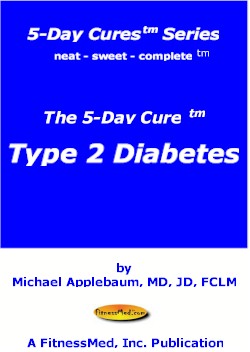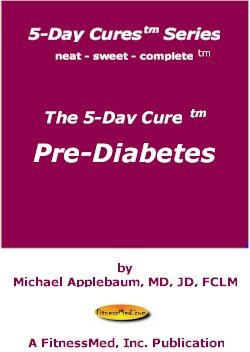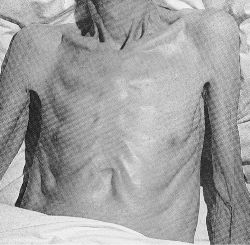Calcium supplements taken by many older people could be increasing their risk of a heart attack, research shows.The problem with osteoporosis is real.
The study, in the British Medical Journal, said people who took supplements were 30% more likely to have a heart attack.
Data from 11 trials also suggested the medicines were not very effective at preventing bone fractures.
Almost 3m people in the UK are thought to have osteoporosis and many take calcium pills to prevent fractures.
The study recommends doctors review their use of calcium supplements for managing osteoporosis.
The National Osteoporosis Society said most people should be able to get enough calcium through their diets, rather than reaching for the medicine cabinet.
The researchers said those who had a diet naturally high in calcium were at no increased danger.
'Limited benefit'
In all 12,000 people aged over 40 took part in the trials of calcium supplements of 500mg or more a day.
The risk of heart attack was seen across men and women, was independent of age and the type of supplement given.
People suffer loss of independence, injury and pain.
The fractures can and do kill.
But IMHO the best way to prevent it or treat it is with the use of anabolic substances.
Learn more. Protect yourself. The sick care establishment will not do it for you.










.jpg)




.jpg)



























